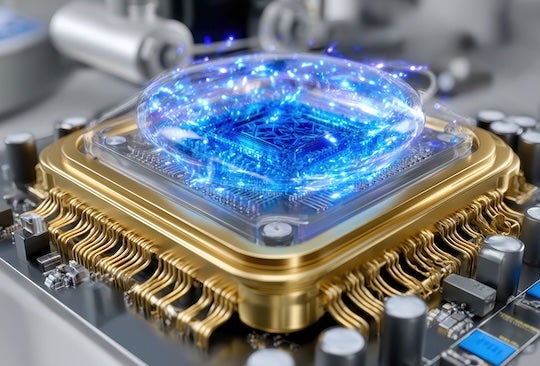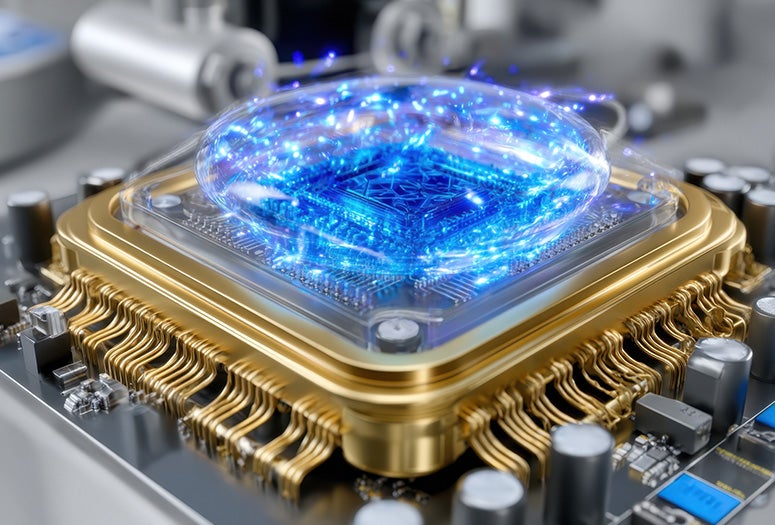At the VivaTech 2025 conference in Paris today, Nvidia CEO Jensen Huang declared that quantum computing is reaching an inflection point and announced new tools designed to integrate quantum and classical systems for real-world artificial intelligence applications.

Huang, who foretold the importance of AI for Nvidia’s future years before the technology went mainstream, is now betting on hybrid quantum-classical architectures, AI factories and agentic AI as the pillars of the next industrial revolution.
Rice University experts can unpack and contextualize these developments:
Nai-Hui Chia conducts research on quantum algorithms, quantum complexity and quantum cryptography. Chia can explain which classes of problems truly benefit from quantum or hybrid approaches and how complexity theory quides realistic expectations for quantum speedups.
"Quantum computing has huge potential, but not every problem needs it," Chia said. "The challenge is knowing where it truly gives us an edge."
Anastasios (Tasos) Kyrillidis leads advancements in large-scale optimization, modeling, analysis and state-of-the-art, open-source machine learning and AI algorithms. Kyrillidis can discuss how optimization and scalable algorithms must evolve to leverage hybrid quantum-classical hardware, balancing theoretical guarantees with real-world performance.
“New hardware platforms open the door to faster computation, but they also force us to rethink how we design algorithms to keep up,” Kyrillidis said.
Tirthak Patel conducts systems-level research at the intersection of quantum computing and high-performance computing (HPC). He can speak to the practical challenges and opportunities of integrating quantum processors with classical HPC systems, including the latest advances in error correction that make hybrid platforms like CUDA-Q feasible.
“Making quantum hardware work with classical systems is a hard problem, but we’re getting closer,” Patel said. “The real progress is in connecting those pieces in ways that are reliable and scalable.”
Vaibhav Unhelkar’s work spans the development of robotic assistants, intelligent tutors and decision-support systems aimed at enhancing human performance in domains ranging from healthcare to disaster response. Unhelkar can address the human-robot interaction aspects of agentic AI, focusing on how embodied agents can safely and transparently work alongside and assist people in real-world settings.
“Building robots that can work alongside and help people is becoming more realistic, but we still need methods to make these Physical AI systems more personalized, usable and trustworthy,” Unhelkar said. “Digital twins can offer a mechanism to prototype and evaluate these systems before introducing them into the real world — and can be a key to the safe and responsible deployment of embodied AI systems.”
To schedule an interview with Rice’s experts, contact media relations specialist Silvia Cernea Clark at sc220@rice.edu.
To browse more experts, see the full list of Rice media advisories.

